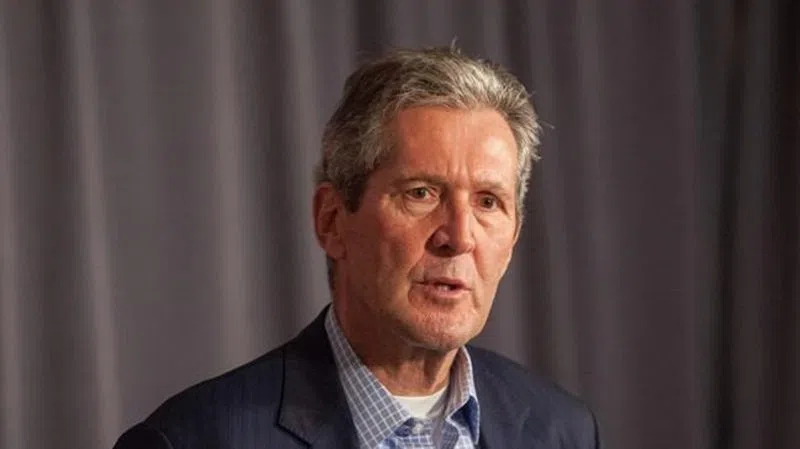
Manitoba government changes course, plans to adopt its own carbon tax
WINNIPEG — Manitoba’s Progressive Conservative government has changed course and has agreed to bring in its own carbon tax, but is cutting the provincial sales tax as well.
Premier Brian Pallister says his government plans to enact a $25-per-tonne tax, starting July 1, and will lower the provincial sales tax by one point to six per cent at the same time.
Pallister originally planned a $25-per-tonne levy in 2017, but withdrew it when the federal government said it was not high enough.
The federal government then imposed its own tax on Manitoba and three other provinces, and that tax is set to rise to $50 a tonne by 2022.
